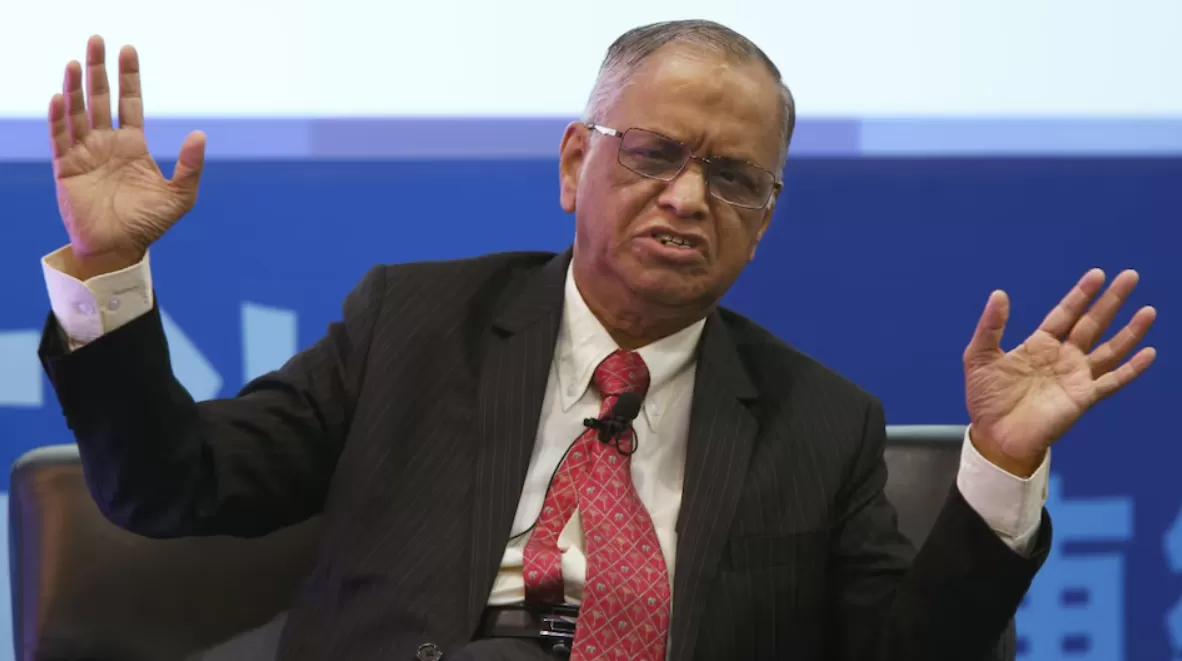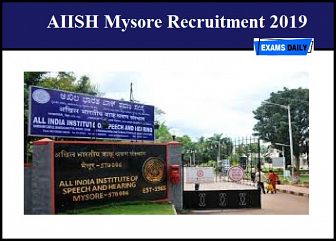
The Shanghai Cooperation Organisation (SCO) is an intergovernmental alliance comprising eight member states located in Eurasia. Established in 2001, the organization aims to enhance regional security, promote economic cooperation, and foster cultural exchanges among its members. The SCO's primary focus is on addressing common challenges and fostering stability in the region. In this essay, we will explore the history, objectives, structure, activities, and significance of the SCO alliance.
1. History and Formation:
The SCO traces its roots back to 1996 when the "Shanghai Five" mechanism was established. Originally, the Shanghai Five consisted of China, Russia, Kazakhstan, Kyrgyzstan, and Tajikistan. These countries aimed to resolve border disputes and enhance trust and cooperation in the region. In 2001, the Shanghai Five was transformed into the SCO with the inclusion of Uzbekistan, expanding its scope and objectives.
2. Objectives:
The SCO has several overarching objectives:
a. Security Cooperation: The alliance aims to combat terrorism, separatism, and extremism in the region. Member states engage in joint military exercises, intelligence sharing, and law enforcement cooperation to address these challenges effectively.
b. Economic Cooperation: The SCO promotes regional economic integration and development through trade facilitation, investment promotion, and infrastructure connectivity. It also focuses on energy cooperation, including joint exploration and development of oil and gas resources.
c. Cultural and Humanitarian Exchanges: The SCO aims to foster cultural understanding and people-to-people exchanges among member states. It facilitates cooperation in education, science, technology, culture, and healthcare, promoting mutual understanding and cooperation.
3. Structure:
The SCO consists of three main decision-making bodies:
a. Council of Heads of State: Comprising the heads of member states, this body is the highest decision-making authority of the SCO. It meets annually to discuss key issues and provide guidance to the organization.
b. Council of Heads of Government: Consisting of prime ministers or heads of government, this body focuses on economic cooperation and implementation of decisions made by the Council of Heads of State.
c. Council of Foreign Ministers: Composed of foreign ministers of member states, this body coordinates political and diplomatic affairs, including external relations and cooperation with other international organizations.
4. Activities and Achievements:
The SCO has engaged in various activities and achieved significant milestones since its establishment:
a. Regional Security Cooperation: The SCO conducts joint military exercises, counter-terrorism operations, and intelligence sharing to enhance regional security. It has established the Regional Anti-Terrorist Structure (RATS) in Tashkent, Uzbekistan, to coordinate efforts in combating terrorism, drug trafficking, and organized crime.
b. Economic Cooperation: The SCO promotes economic cooperation through initiatives such as the SCO Business Council and the SCO Interbank Consortium. It has launched projects like the SCO Development Bank and the SCO Fund to support infrastructure development and enhance financial cooperation among member states.
c. Cultural and Humanitarian Exchanges: The SCO encourages cultural exchanges through events such as the SCO Cultural Festival, which showcases the diverse heritage of member states. It also promotes academic cooperation, scholarships, and joint research programs among universities in member countries.
d. Expansion of Membership: The SCO has expanded its membership by including India and Pakistan as full members in 2017. This expansion has increased the organization's influence and relevance in the region.
5. Significance and Challenges:
The SCO holds significant strategic importance in Eurasia for several reasons:
a. Regional Stability: By promoting security cooperation and resolving disputes through dialogue, the SCO contributes to regional stability and peace, which is crucial for economic development and social progress.
b. Counterterrorism Efforts: The SCO plays a vital role in combating terrorism, separatism, and extremism, given the region's history.










